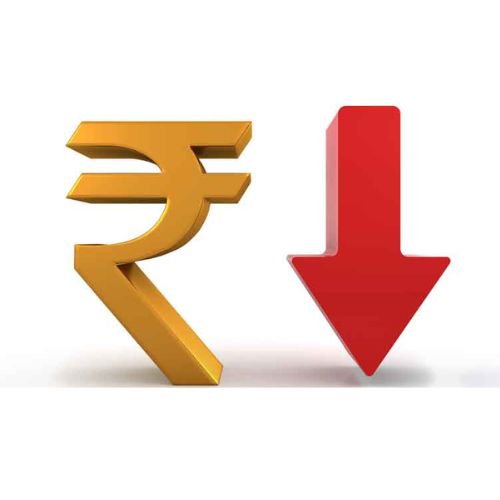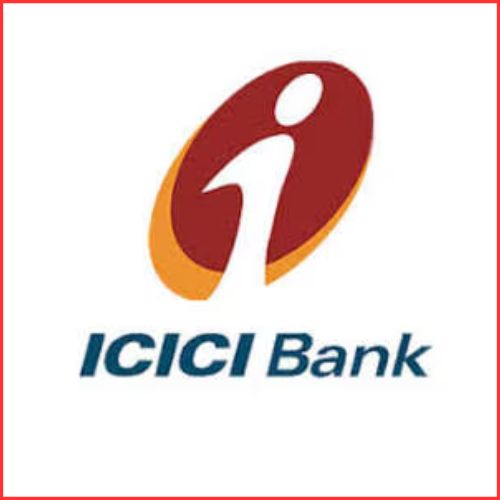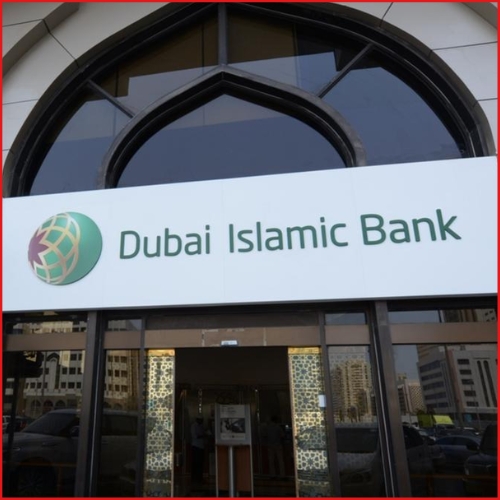August has a lot going on, including the RBI’s announcement of its monetary policy, fines for filing income tax returns after the deadline, wise purchasing advice, and fines for early withdrawals from fixed deposits. Here are some things to be on the lookout for.
There are several significant changes that will affect your piggy bank in August, regardless of whether you have fixed deposits, a mortgage, or you pay income taxes.
According to the Consumer Price Index (CPI), India’s headline retail inflation rate for June was 7.1 percent. According to information made public on July 12 by the Ministry of Statistics and Programme Implementation, this brings the average inflation rate for April to June down to 7.3 percent, 20 basis points less than the Reserve Bank of India’s (RBI) projected inflation rate of 7.5 percent.
Economists predict that the RBI would maintain its aggressive policy rate action during the upcoming monetary meetings in an effort to reduce the high inflation rate.
“We expect another 50 basis point rate hike at the August meeting (one basis point is one-hundredth of a percentage point), taking the policy rate to 5.4 percent, above the pre-pandemic peak of 5.15 percent but with far higher inflation now than then,” says Kunal Kundu, India economist, Societe Generale. Based on the rate hike announcement, banks may start raising interest rates on home loans and other loan products linked with the repo rate as an external benchmark as per terms of the loan agreement.
Did you miss the July 31st deadline to file your income tax returns? After that, be ready to pay a fine for filing late taxes. A return that is filed after the due date specified in the income tax regulations is referred to as a delayed return. ITR returns must be submitted by July 31; however, returns may still be submitted by December 31 of the assessment year (2022-23 at present). If the total amount of income that must be reported is greater than Rs. 5 lakh, a penalty of Rs 5,000 will be assessed for filing returns late. The maximum fine is Rs 1,000 if the person’s total annual income is less than Rs 5 lakh.
Bank of Baroda has announced changes to its check clearance regulations in a statement to account holders. The bank has stated that starting of August 1, 2022, consumers will need to electronically authenticate crucial details with checks worth more than Rs 5 lakh. Customers used to need to provide specific information for checks worth more than Rs. 10 lakh. Before the check may be cashed using the bank’s Positive Pay System, the consumer must authenticate it with the institution.
A device called Positive Pay is made to spot fraud. In order to accomplish this, a list of checks already authorised and issued by the organisation is compared to the information on the cheque presented for clearing, including the cheque number, cheque date, payee name, account number, amount, and other details.














